Dorval R. Carter Jr., president of the Chicago Transit Authority, announced Monday that he will retire at the end of the month, ending stewardship of an agency that as of late had been characterized by growing concerns about public safety, service reliability, hiring issues and ridership.
His departure will bring to a close his 40-year career in public transportation, including nearly 10 years as CTA president. In one of the last major acts at the helm of the CTA, Carter just last week finalized a written agreement to guarantee federal funding for the southern extension of the Red Line.
Securing that money was crucial before President-elect Donald Trump returns to the White House. A Trump-led Department of Transportation is not expected to be as friendly to mass transit funding.
“Serving as president of this great agency has been an extraordinary privilege and I am forever grateful for what has been the opportunity of a lifetime,” Carter stated in a news release. “It has been an honor to work on behalf of CTA customers and to advance our mission in a city that I love so dearly.”
Carter’s career outside Chicago included nearly 15 years in senior leadership roles at the U.S. Department of Transportation and the Federal Transit Administration, and his connections in Washington have been seen as one reason he has endured amid a rocky tenure, complicated by a prickly relationship with the Chicago City Council.

Chicago Transit Authority President Dorval Carter wipes his eyes before the signing of the full-funding grant agreement for the Red Line extension in Pullman on Friday.
Pat Nabong/Sun-Times file
Just eight months ago, a nonbinding resolution, backed by 19 members of the Chicago City Council, demanded that Carter either resign his $376,060-a-year job or be fired by Mayor Brandon Johnson.
Among the champions of the resolution were two members of Johnson’s Council leadership team, Alds. Andre Vasquez (40th) and Matt Martin (47th).
It laid out a lengthy bill of particulars against Carter — including service reliability, hiring, security and ridership — to explain why so many on the Council had joined Gov. JB Pritzker in demanding a CTA leadership change.
At the time, Vasquez called the resolution “the equivalent of a vote of no-confidence” that gave voice to disgruntled transit riders.
On Monday, Vasquez welcomed Carter’s decision to retire. He called it an opportunity to “take us in a new direction” by attracting the “kind of manager who is focused on the service part of the job” and is an “avid user” of the system he leads.
“What’s the customer experience like? What is the reliability? What’s the safety?” Vasquez said.
“He was good on the infrastructure part of the job, securing funds from D.C. But as it relates to the all-important questions — Do the workers feel invested in? Do customers feel like service is getting better? Are their concerns being heard? — I don’t think he was checking those boxes.”

Looking south from 95th Street at the end of the Red Line. The city has secured the federal funds needed to begin extending the line south to 130th Street.
Carter began his CTA career in 1984 as a staff attorney and has worked at the agency for 26 years, holding the posts of acting president, executive vice president, chief administrative officer and in a number of legal roles, as well.
“The city of Chicago is grateful to President Dorval Carter for his decades of service with the Chicago Transit Authority,” Mayor Brandon Johnson stated in a news release announcing Carter’s departure. “His leadership reimagined the movement of our city. His stewardship of the Red Line Extension project is just one of the notable achievements in his historic career.”
Johnson’s senior mayoral adviser, Jason Lee, told the Sun-Times that Carter “has served the public for many, many years in a variety to capacities leaving this phase of his career and leaving on a note of achieving something that had long been desired.”
Ald. Daniel LaSpata (1st), chair of the Council’s Transportation Committee, called Carter’s resignation a “pivot point for the CTA on a lot of levels.”
LaSpata said he was “personally excited for fresh leadership” at the mass transit agency after a decadelong Carter era that “fell short on accessibility and vision” among other things.
“A lot has been made of the racial politics of this. For my constituents, that was never what it was about. It was about the reliability of service, expansion of service, engagement with bus rapid transit, engagement with the media and social media,” LaSpata said.
“I don’t know why that was so challenging for President Carter. But this is news that will be broadly and positively received by my constituents.”

Chicago Transit Authority President Dorval Carter Jr. discusses public safety and improving the experience for CTA riders during a news conference at the Chicago station on the Red Line in March 2022.
Ashlee Rezin/Sun-Times file
For all of his strength as a former federal bureaucrat whose contacts helped him deliver $1.9 billion for the Red Line extension, LaSpata said Carter will be best remembered by his transit-dependent constituents as “inaccessible” and for being “unwilling to listen and take seriously concerns people were bringing up.”
“Federal dollars are essential for public transportation. But the job is also so much more than that,” LaSpata said. “It’s about vision and courage and accessibility and accountability.”
Two years ago, LaSpata tried to persuade the CTA president to do a Facebook Live event to discuss riders’ concerns about the safety and reliability of the CTA.
At first, Carter agreed to participate if LaSpata would submit questions in advance. But even when LaSpata did so, Carter refused to agree to a date, the alderperson said. To LaSpata, “that said that he was not willing — even under the most generous of terms — to engage publicly on the concerns that our residents had about the CTA,” LaSpata said.

People board an outbound Pink Line train at the Clinton Station on the Near West Side in July 2020, during the coronavirus pandemic.
In 2022, thanks to a measure backed by Vasquez, the Council began mandating that Carter appear before them quarterly, after being infuriated when Carter repeatedly refused to show up, sending underlings instead.
In May, at one of his quarterly Council appearances, Carter lashed out at members demanding his ouster, calling it part of Chicago’s sordid “history of attacking and trying to bring down” African American leaders.
Carter said he had “done what I need to do” to improve the CTA, bolster hiring and ridership decimated by COVID-19 and restore service to pre-pandemic levels, while ignoring “opportunities to go elsewhere” and earn more.
In exchange for that dedication and commitment to an agency he has served for much of his lifelong career in mass transit, Carter said, he became a target.
About half the Council at that point had signed on to a nonbinding resolution demanding that the embattled CTA president either resign or be fired by Johnson.
Pritzker, who appoints three of the CTA’s seven board members, likewise had demanded a leadership change at the CTA before the Illinois General Assembly would even consider giving the four Chicago-area mass transit agencies — CTA, Metra, Pace and the Regional Transportation Authority — the money to avert a $730 million fiscal cliff.

Chicago Transit Authority President Dorval Carter Jr. gets off a Yellow Line train at the Oakton station in Skokie before a news conference in January 2024 to mark the resumption of service on the Yellow Line. That line had been suspended nearly two months after a train crashed into a snow-removal machine on the tracks near the Howard Street station.
“When I sit here in front of a City Council that has been given an ordinance basically calling for me to be fired, there are a lot of things that go through my mind. Some of them are not very pleasant. … You ask yourself, ‘What did I do to warrant being singled out?” Carter said then in his appearance before the Council.
“As an African American man, this city has a history of attacking and trying to bring down their African American leaders. I know that because I’ve been here and I’ve seen it. … What I would hope is that we would work together to find a way to support our agency and make our agency better,” he said.
Carter’s comments did not sit well with some of the Council members leading the charge for his ouster.
Ald. Scott Waguespack (32nd) said he understood Carter’s “frustration” at becoming a political pin cushion. But Waguespack said that did not excuse the defiant, combative tone Carter struck at the hearing.
“We’re all accountable for the actions that we take or we don’t take. And we don’t make excuses about trying to make corrections, trying to examine what we’ve done wrong. … We try to move forward,” Waguespack said.
#long #rocky #ride #CTA #President #Dorval #Carter #retire

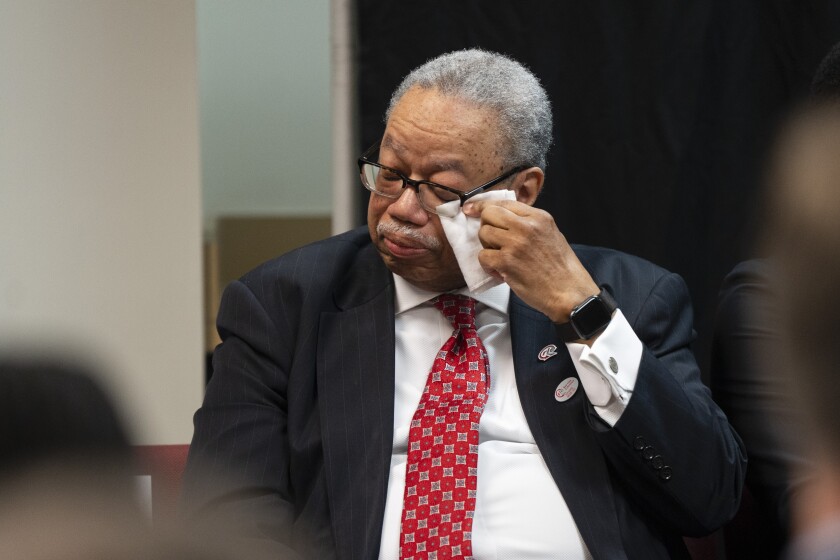

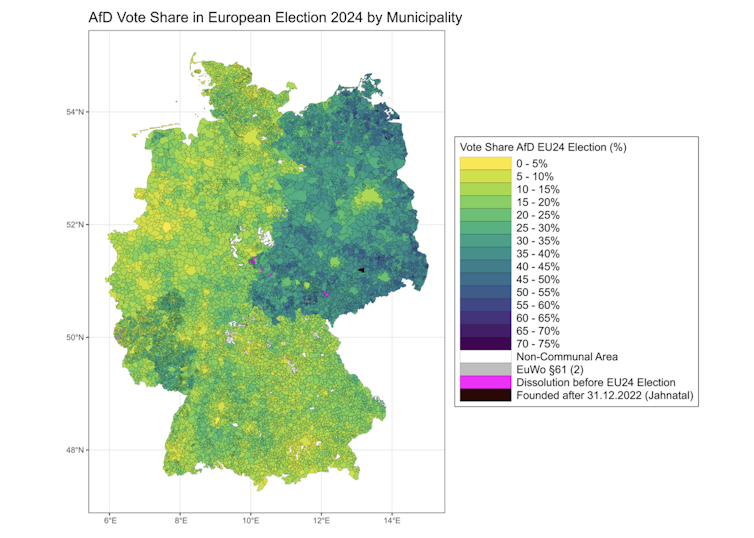
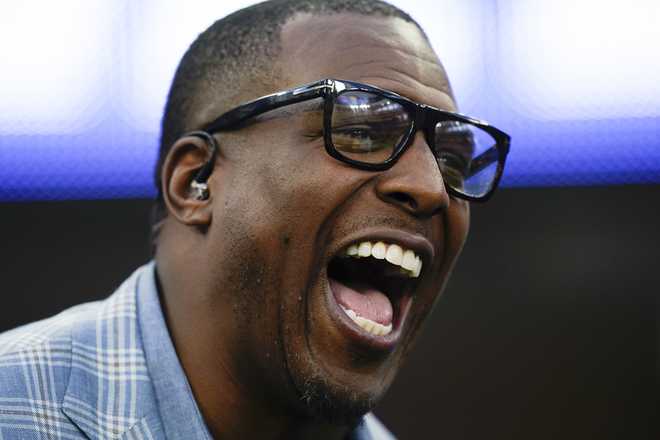

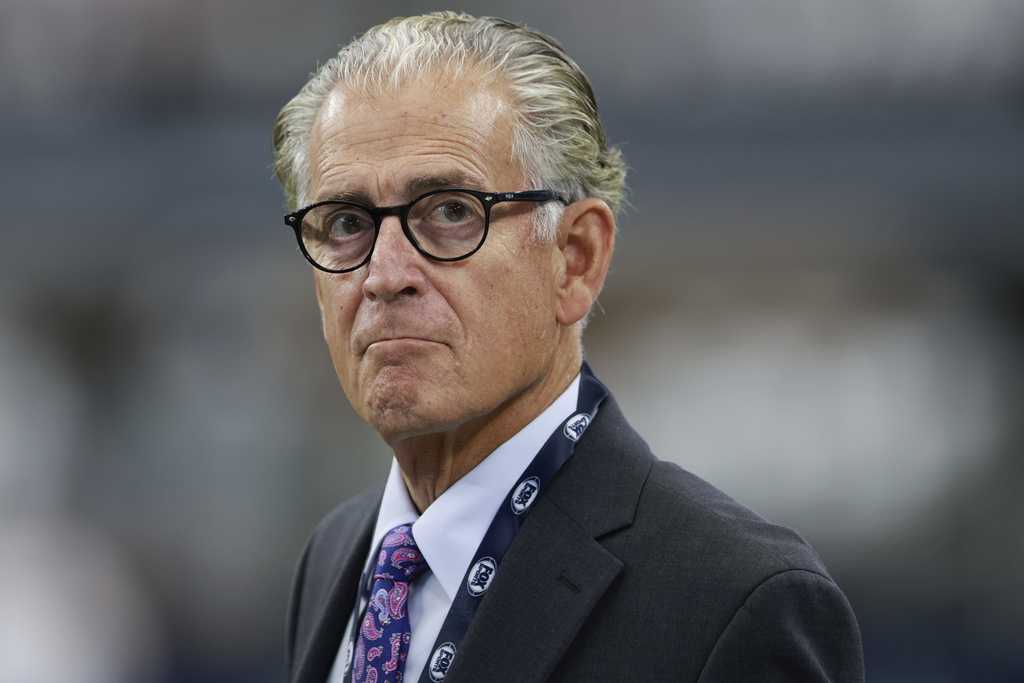

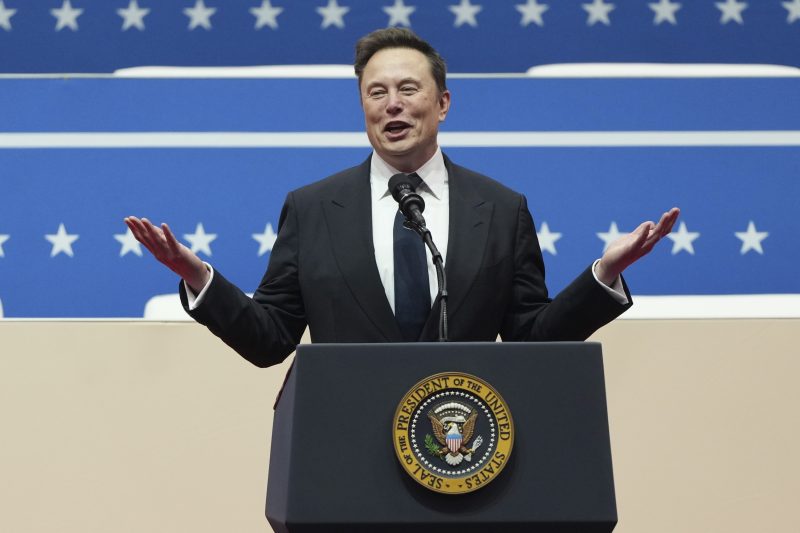
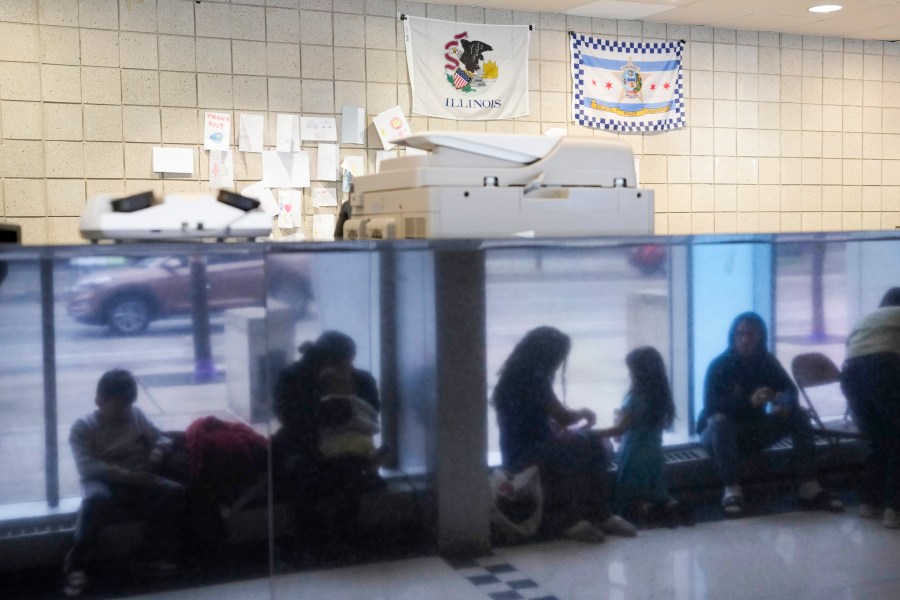

Leave a Reply